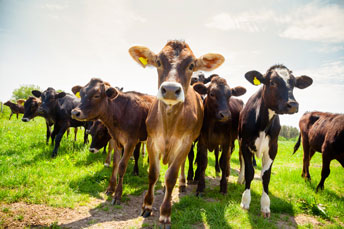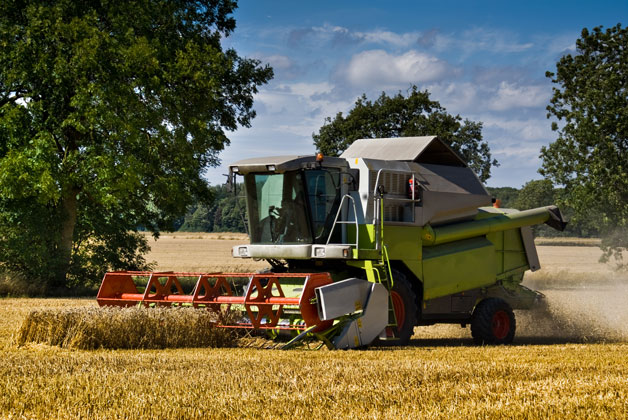Supporting farmers towards Net Zero with 5 key steps
An official announcement from the Department for Environment Food & Rural Affairs
Defra is continuing to produce a suite of guidance centred around 5 key areas where farming businesses can take action to reduce their greenhouse gas emissions and move their business towards Net Zero.

Greenhouse gas emissions from agriculture currently make up around 10% of the UK’s total GHG emissions, with the main sources of greenhouse gases being methane from livestock and nitrous oxide from fertiliser use.
Defra has published some of this guidance on the UK business climate hub webpage as part of the Government’s Business Climate Leaders campaign, which aims to raise awareness of the actions businesses can take to reduce their greenhouse gas emissions.

Our agriculture sector can help to mitigate climate change by enhancing and protecting the health of our soils, reducing nutrient inputs and by storing carbon in trees and vegetation. By making changes to farm management practices, farmers can not only help to tackle climate change – but they can also benefit from business productivity and profitability gains.
The advice includes information and actions on:
- Understanding how to measure GHG’s on farm
- Managing organic materials
- Improving nutrient use
- Enhancing soil quality
- Managing a healthy herd
Some short guidance can be found on the UK Business Climate Hub, which was launched in June to encourage businesses to make a commitment to become net zero ahead of the COP26 Climate Change Conference in November.
Defra will also be publishing further guidance through its future farming blog, goverment guidance pages and others.
Please help us to reduce GHG in agriculture by sharing this resource with the farming community.